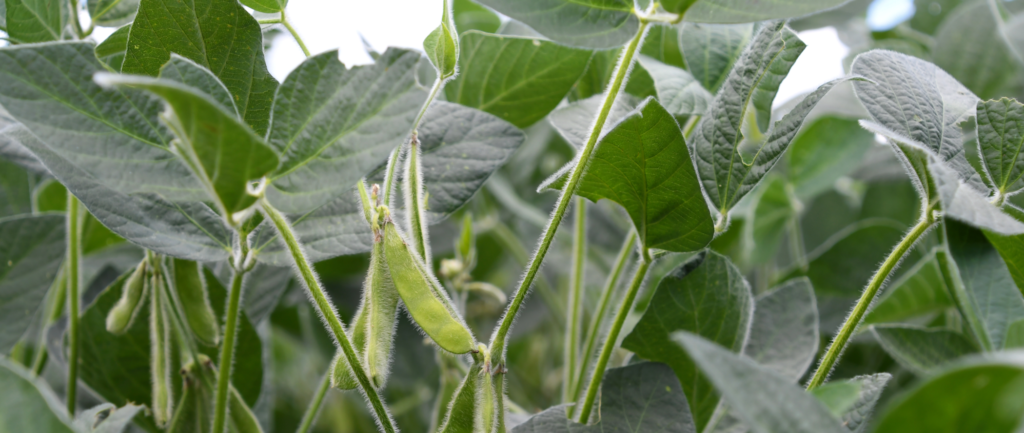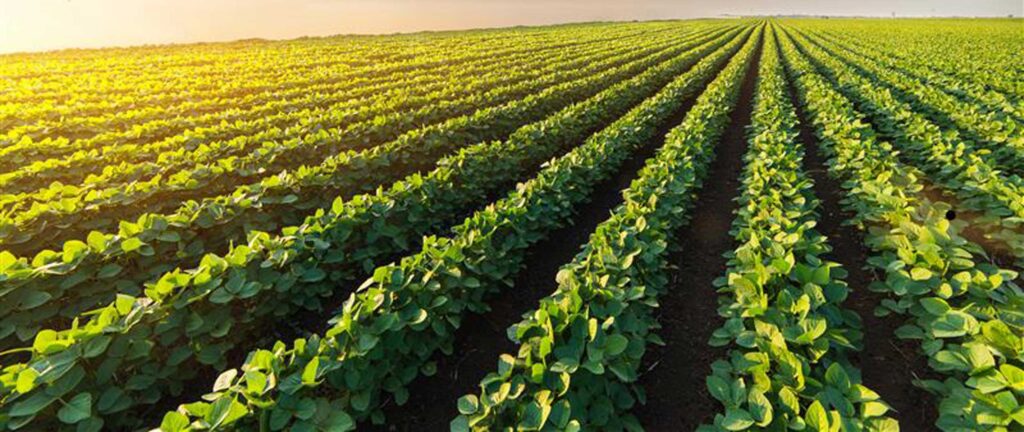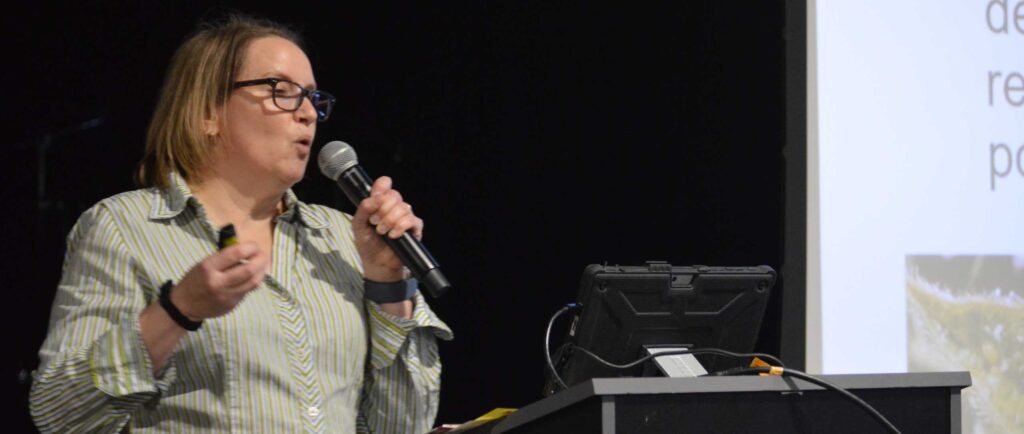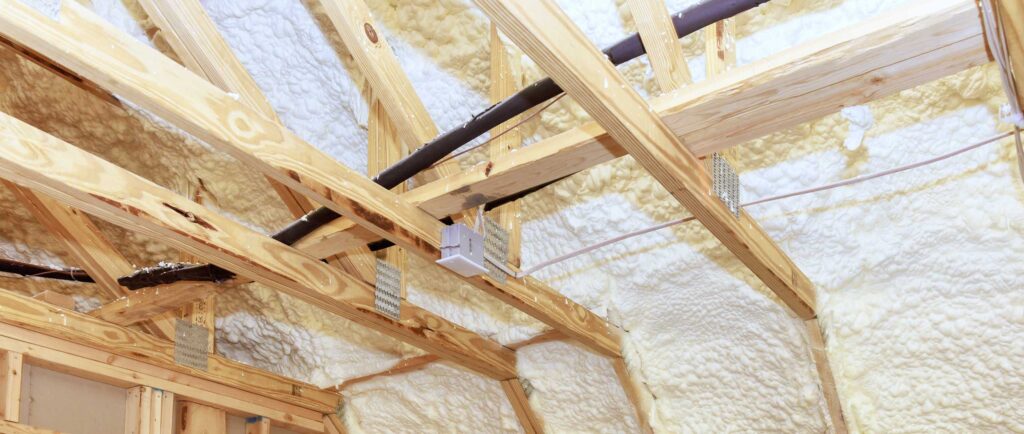Every time a farmer turns around, there is a new product on the market promising ROIs that’ll make their heads spin.
But how do Minnesota soybean growers know which products are worth the investment? Through a project with Next Gen Ag, the Minnesota Soybean Research & Promotion Council (MSR&PC) has invested checkoff dollars to get the answers producers seek.
“It’s critical to get the unbiased opinion because farmers are always inundated with advertisements,” MSR&PC Director Gene Stoel said. “Independent studies are important, even if they aren’t the most used. We have to keep everybody honest.”
The project, titled “2024 Aphid, Plant Health, and White Mold Industry Program Yield Impact in Soybean,” was led by Next Gen Ag’s Jenna Whitmore and consisted of three studies: Aphid Product Impact on Yield, Plant Health Product Impact on Yield and Soybean White Mold Impact on Yield.
As a private, independent company, Next Gen Ag is perfectly poised to provide growers with third-party data.
“What makes us unique, and to my knowledge the only company in the Upper Midwest that does this, is we work together with our roughly 30 to 35 collaborators to opt into these studies,” said Andrew Lueck, owner of NextGen Ag. “A lot of them take advantage of the opportunity because it gives them an option to go in fearlessly and line up their product against other products. And they don’t have to pay for the labor; it’s basically free data for them.”
What story did this year’s data tell?
Compared to the 2023 research on aphid product impact, which showed a 50 percent resistance to group 3A insecticides, 2024’s research unveiled further resistance.
“Be careful selecting your product because it appeared that 89 percent of our population was resistant to group 3A insecticides,” Lueck said. “So, farmers need to be aware – if they’re in an area that has resistance – that if they’re going to use a pyrethroid, they better be targeting a different insect that’s not resistant because it’s not going to impact the actual aphid population.”
An issue that isn’t going away anytime soon, checkoff investments in aphid research remains a priority.
“If you look at the economic impact of an aphid infestation, having that data is vital,” Stoel said.
Not all products available to soybean farmers target a specific problem. Some value-added products exist to increase farmer profitability, like fertilizers, foliar applications and in-furrow products, just to name a few. The “Plant Health Product Impact on Yield” portion of the study focused on narrowing down which products will give growers the most bang for their buck.
“There are a lot of new companies coming into the marketplace each year, trying to compete with the products that we already know work,” Lueck said. “What we do is compare the different products against each other, which is helpful for farmers because all the data is being collected in the same environment and crop year.”
In research, not all projects yield the desired results, which is what happened with the “Soybean White Mold Impact on Yield” protocol.
“We had a great year for wet and damp,” Lueck said. “Unfortunately, all that occurred early on and stunted our beans, so they didn’t get a canopy and create that microenvironment, making it really hard to get white mold pressure.”
Because there wasn’t a lot of white mold found in the beans, concrete results on the impact a product had on combatting white mold was difficult.
“There was no statistical significance in the yield data as compared to the untreated check because the soybeans were stunted early on,” Lueck said. “This was the first year we did white mold, so we have submitted a grant for next year to try to look at it again and hope that we have a better infection.”
Tasked with wisely investing soybean checkoff dollars in research, promotion and education, MSR&PC won’t be backing away from its research investments anytime soon.
“We have to have supply if we’re going to meet demand,” Stoel said. “Having research in our back pocket is always very important.”
To read the complete results from the “2024 Aphid, Plant Health, and White Mold Industry Program Yield Impact in Soybean,” please visit the “Latest News” tab on Next Gen Ag’s website at www.nxtgenag.com.







